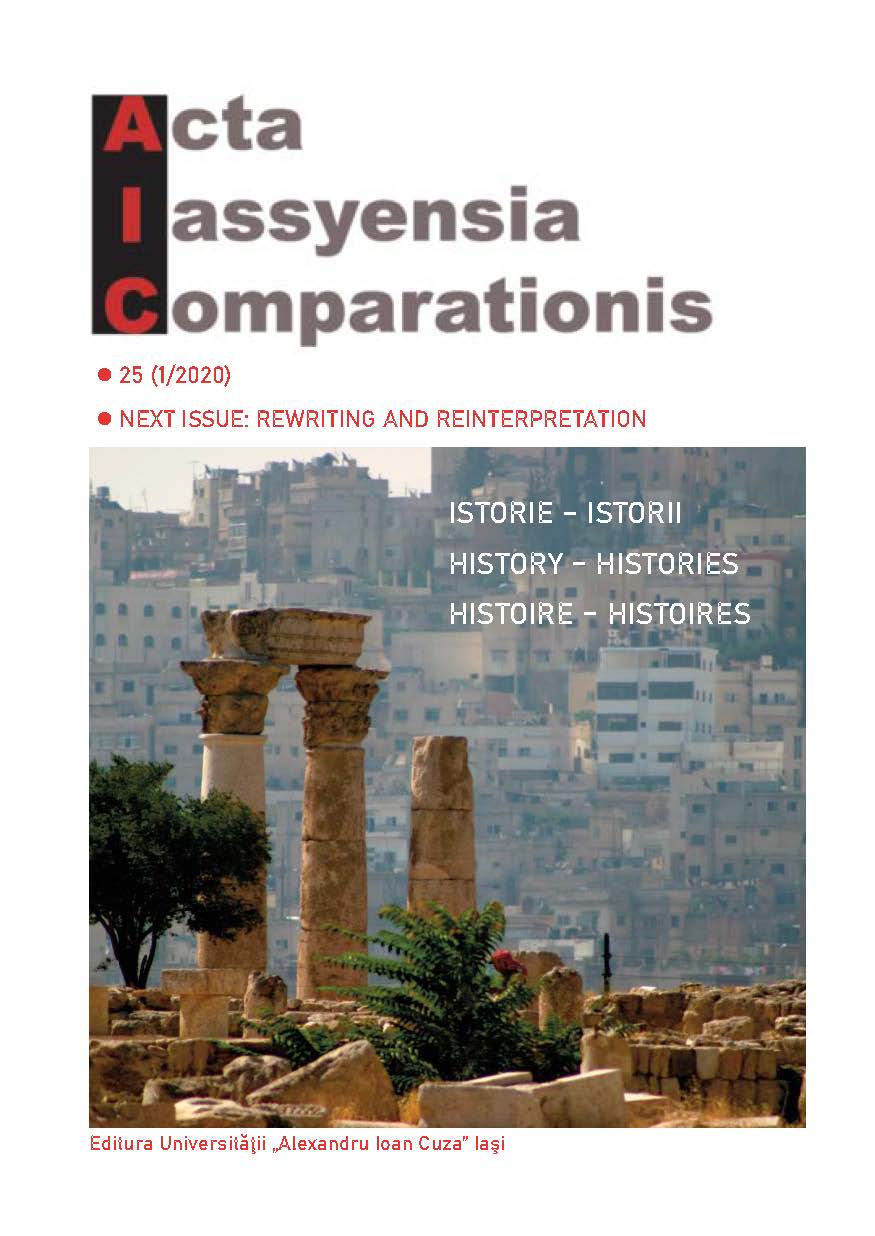Intimate Microspheres in Fernando Pessoa and Other
Refugees from History: Notes on the Topology of Symbolic Space and Extracultural Condition
Intimate Microspheres in Fernando Pessoa and Other
Refugees from History: Notes on the Topology of Symbolic Space and Extracultural Condition
Author(s): EWA ŁUKASZYKSubject(s): Studies of Literature
Published by: Editura Universităţii »Alexandru Ioan Cuza« din Iaşi
Keywords: Pessoa; Eliade; Cioran; Miłosz; empire; topology; extracultural;
Summary/Abstract: The essay deals with the poetic creation of intimate space bubbles, as if isolated from the rest of the world reducible to a map dominated by History and the imperial mechanism as its driving force. The text in focus is Antinous by Fernando Pessoa, where such a microsphere of affect is built around a homoerotic relationship. The case of the poet living in the times of the advent of Portuguese fascism is put in the context of several East-European refugees from History striving to reconstruct their lost intimacies in the margin of the hegemonies that ousted them from their own countries (Cioran, Eliade, Miłosz). I claim that the subject constructing his intimate topology transgresses the limitations of his cultural inscription, that appears as disgracefully locatable, hemmed in History; he adopts an extracultural stance. The refugees from History, losing their language and the immediate contact with their national cultures, strive to communicate with a larger, universal dimension. In a way, such private, extracultural topologies run parallel to the imperial claim of universalism. Yet the microsphere of affect communicating with the universalist macrosphere introduces a qualitative difference, as it is built upon the authenticity of loss and longing, rather than drive for hegemony and control.
Journal: Acta Iassyensia Comparationis
- Issue Year: 1/2020
- Issue No: 25
- Page Range: 73-83
- Page Count: 11
- Language: English

